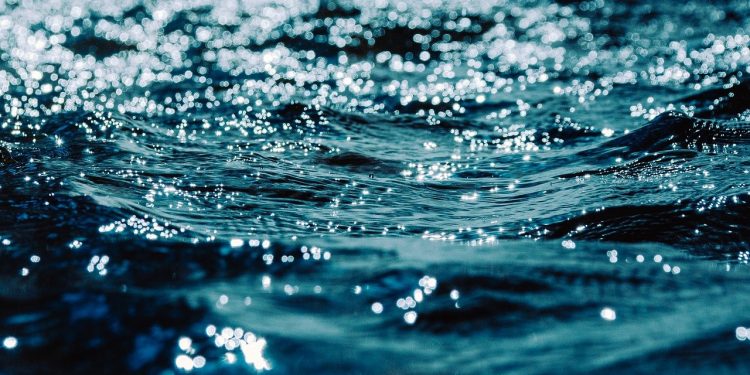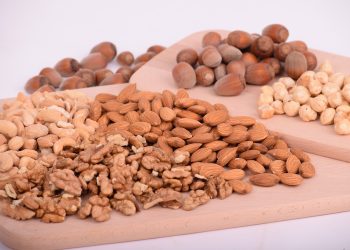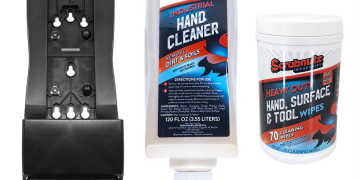Hydration is a fundamental yet often overlooked aspect of weight loss. Drinking enough water not only supports overall health but can also enhance your weight loss journey. From improving metabolism to controlling hunger, water plays a crucial role in helping the body function optimally. Understanding how hydration impacts weight loss and determining how much water you really need are key to achieving your health goals.
How Hydration Supports Weight Loss
- Boosts Metabolism
Drinking water has been shown to temporarily increase metabolism. This effect, known as water-induced thermogenesis, helps the body burn calories more efficiently. Study Insight: Research indicates that drinking 500 ml of water can increase metabolic rate by 30% for up to 30–40 minutes. - Suppresses Appetite
Thirst is often mistaken for hunger, leading to unnecessary calorie consumption. Staying hydrated can help control cravings and reduce the likelihood of overeating. Practical Tip: Drink a glass of water before meals to promote a sense of fullness and reduce portion sizes. - Enhances Fat Burning
Adequate hydration is essential for lipolysis, the process by which the body breaks down fat for energy. Without enough water, fat metabolism may slow down. - Aids Digestion
Water helps maintain a healthy digestive system by promoting regular bowel movements and preventing bloating. A well-functioning digestive system supports weight loss by efficiently processing nutrients and eliminating waste. - Improves Workout Performance
Hydration is critical for physical activity, as it helps regulate body temperature and lubricate joints. Staying hydrated ensures you can perform at your best during workouts, burning more calories in the process.
How Much Water Do You Really Need?
The amount of water you need depends on various factors, including age, weight, activity level, and climate. While the standard recommendation is 8 glasses (64 ounces) per day, many people require more or less depending on their individual needs.
General Guidelines:
- Sedentary Adults: 2.7 liters (91 ounces) for women and 3.7 liters (125 ounces) for men, including water from all beverages and foods.
- Active Individuals: Add 12–16 ounces of water for every 30 minutes of exercise.
- Hot Climates: Increase water intake to compensate for fluid loss through sweat.
Body Weight Formula:
A simple way to calculate your water needs is to divide your weight (in pounds) by 2.2 and multiply by 30–35 ml. For example, a person weighing 150 pounds would need approximately 2.1–2.4 liters of water daily.
Signs of Dehydration
Dehydration can hinder weight loss and lead to fatigue, headaches, and poor concentration. Common signs include:
- Dark yellow urine
- Dry mouth and skin
- Dizziness or lightheadedness
- Muscle cramps
Staying hydrated throughout the day can prevent these symptoms and keep your body functioning optimally.
Tips to Stay Hydrated
- Start Your Day with Water
Drink a glass of water first thing in the morning to rehydrate after a night’s rest. - Carry a Reusable Water Bottle
Keep a bottle with you to encourage consistent hydration. Opt for one with measurements to track your intake. - Infuse Your Water
Add natural flavors like lemon, cucumber, or mint to make water more appealing and enjoyable. - Set Reminders
Use phone alarms or apps to remind you to drink water regularly, especially during busy days. - Eat Hydrating Foods
Many fruits and vegetables have high water content, contributing to your daily hydration needs. Examples:
- Watermelon (92% water)
- Cucumbers (95% water)
- Oranges (87% water)
- Strawberries (91% water)
- Replace Sugary Drinks
Swap sodas and juices for water or herbal teas to cut unnecessary calories and stay hydrated.
Timing Your Water Intake
- Before Meals:
Drinking water 30 minutes before eating can reduce hunger and support portion control. - During Meals:
Sip water to aid digestion, but avoid drinking excessive amounts that may dilute stomach acid. - After Exercise:
Rehydrate with water or an electrolyte-rich beverage to replenish fluids lost through sweat. - Before Bed:
Drink a small glass of water to stay hydrated overnight, but avoid excessive intake to prevent disruptions to your sleep.
Common Myths About Hydration and Weight Loss
- Myth: Drinking cold water burns more calories.
Truth: While cold water may slightly increase calorie burn as the body warms it to body temperature, the effect is minimal and not significant for weight loss. - Myth: You can’t overhydrate.
Truth: Drinking excessive amounts of water can lead to hyponatremia, a condition where sodium levels become dangerously low. Balance is key. - Myth: Only plain water counts toward hydration.
Truth: Other beverages like herbal teas, milk, and even coffee contribute to daily hydration, though water is the best calorie-free option.
Hydration Mistakes to Avoid
- Waiting Until You’re Thirsty
Thirst is a late sign of dehydration. Drink water consistently throughout the day to stay ahead. - Relying Solely on Sugary Drinks
Sweetened beverages can add unnecessary calories and negate hydration benefits. - Ignoring Electrolytes
For intense workouts or hot weather, replenish electrolytes with natural sources like coconut water or a pinch of sea salt in water.
Sample Hydration Schedule for Weight Loss
Morning:
- 8 oz of water upon waking
- 8 oz of water with breakfast
Mid-Morning:
- 12 oz of water or herbal tea
Afternoon:
- 12 oz of water with lunch
- 12 oz of infused water as a snack
Evening:
- 8 oz of water with dinner
- 8 oz of water 1 hour before bed
The Long-Term Benefits of Proper Hydration
- Improved Metabolism: Consistent hydration supports metabolic processes, aiding in calorie burn and energy production.
- Better Appetite Control: Staying hydrated reduces false hunger signals and helps manage cravings.
- Enhanced Physical Performance: Proper hydration improves endurance, strength, and recovery during workouts.
- Healthier Skin: Drinking enough water keeps skin hydrated, reducing dryness and promoting a healthy glow.
- Reduced Risk of Chronic Conditions: Adequate hydration lowers the risk of kidney stones, urinary tract infections, and other health issues.
Hydration is a simple yet powerful tool for weight loss and overall health. By drinking enough water and paying attention to your body’s needs, you can enhance your efforts to reach your weight loss goals while feeling your best every day.










